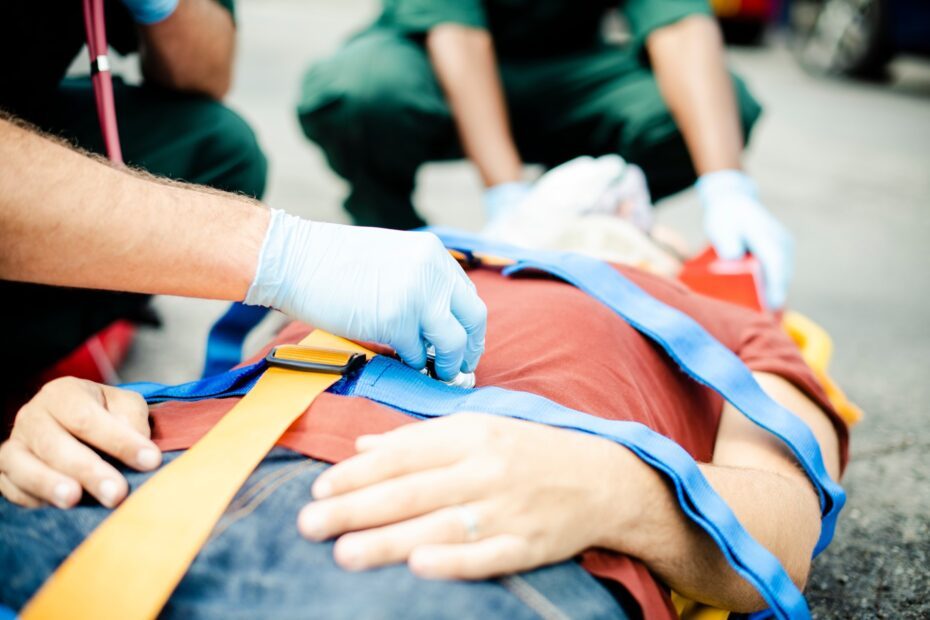Encore Outpatient Services provides outpatient addiction treatment in Virginia. Part of our mission of treating addiction is also to discuss important topics and trends related to addiction that are relevant to our community.
Outlaw Music Festival, Floydfest, The Big What?, Lockn Festival, Blue Ridge Rock Fest, Bristol Rhythm and Roots. These are just a few of the many music festivals Virginia sees and a mere fraction of the many music festivals that occur throughout the United States on a yearly basis. When it comes to music festivals, summer is a major season. While no one is opposed to people enjoying live music and gathering together around their favorite genre or band, what has drawn significant concern and criticism is the rampant culture of drug and alcohol use at these festivals.
Music Festival Drug and Alcohol Use
Is anyone surprised that music festivals are a nexus of drugs, alcohol, and risky behavior? If you were to believe it was a new phenomenon, you’d be wrong. Most famously, the festival Woodstock was known for its marijuana and LSD use, though many modern assertions claim it was no more or less excessive than a regular concert. But therein lies the rub, because even regular concerts are expected to have drug and alcohol use as the norm.
Nowadays, the trend continues and substance use at festivals is not only expected but for some the event serves as a backdrop to the use of drugs and alcohol.
A study published by the Drug and Alcohol Review in 2021 found that of 1229 participants, 372 (30.3%) used or planned to use drugs at the festival they were attending. Of the people who chose to use MDMA, 47.9% of them reported that they would be double dropping—that is using MDMA two times at once. First time drug users were much more likely to be using them in conjunction with alcohol.
Interestingly, recent data and news has shown that police presence at festivals seems to have the opposite of the intended effect of safety. Not only are festival goers much more likely to pre-load (taking a larger amount of drugs beforehand) their drugs if there will be a heavy police presence, but they are also much less likely to seek out help in the event of feeling unwell or if there is an emergency, due to the risk of getting in trouble legally. In the case of alcohol, minors especially are likely to “pregame” heavily to avoid being caught with alcohol at the event. This exact scenario with police presence has occurred at Australian music festivals, prompting the discussion among news outlets worldwide as to whether have police present hurts more than helps.
Overdoses from Music Festival Drugs and Testing Kits
Discussion around how to handle music festival safety inevitably devolves into questions of drug safety. Drug overdoses are a primary concern of festival organizers, the police, and the general community.
One way to reduce harm would be having drug testing stations and drug testing kits available that can scan drugs for highly dangerous substances such as the synthetic opioid fentanyl—which has not only been fueling opioid related overdoses all over the country but also been a major concern for music festivals and accidental overdoses.
Narcan (naloxone) has been distributed by some non-profits as a means to provide additional safety to festival goers and raise awareness of the potential of overdoses.
The questions these measures pose are does providing additional layers of safety for drug use enable that very same drug use?
Does Music Festival Drug and Alcohol Use Foster Addiction?
Naturally, as a provider of addiction treatment in Virginia, we have too often seen the flip side of negligence of the real world consequences of drug use.
It’s a scene, and like many scenes there are sets of cultural and social norms that come into play. For music festivals—especially electronic music festivals, the usage of drugs such as MDMA/Ecstasy are commonplace and glorified even. The general attitude is one that says that the show can’t be truly enjoyed without the aid of music festival drugs and/or alcohol. This begs to question then if music festival drug and alcohol use fosters addiction. If this attitude wasn’t enough temptation for new festival goers who’ve never tried any illegal substances, the sheer pervasiveness and availability of such substances at shows can be a significant risk factor that may foster addiction.
Music has in recent decades increasingly glorified drug and alcohol use—regardless of genre. Music already has a powerful effect on the mind, and mixing the experience with drug use can have negative long-term consequences on the brain.
Particularly, substances like MDMA are routinely abused for days at festivals and many festival attendees who use those substances often report a strong post-festival depressive episode, where their brain and body are detoxing from the substance. Music Festival Drugs like Molly (Ecstasy/MDMA) greatly increase the activity of dopamine, norepinephrine, and serotonin. MDMA usage over time can damage nerve cells that contain serotonin, suggesting that long-term damage is possible. The result is that individuals who use molly at festivals, and attend festivals frequently may be greatly increasing their susceptibility to depression, which is in itself a strong correlative factor of a future substance use disorder.
With the availability of drugs and alcohol as well as the encouragement to use them to enjoy the shows, it isn’t hard to see how music festival drug and alcohol use can be a breeding grounds for substance use or dependency issues. That being said, we understand that many people do go to festivals and enjoy them without putting themselves at risk, or without engaging in the use of alcohol or drugs. There are even many people in recovery who, when ready, traverse that atmosphere to enjoy their favorite musical acts without limitation.
If you or someone you know is struggling with addiction, contact Encore Outpatient Services today. Our compassionate and professional team can help.
